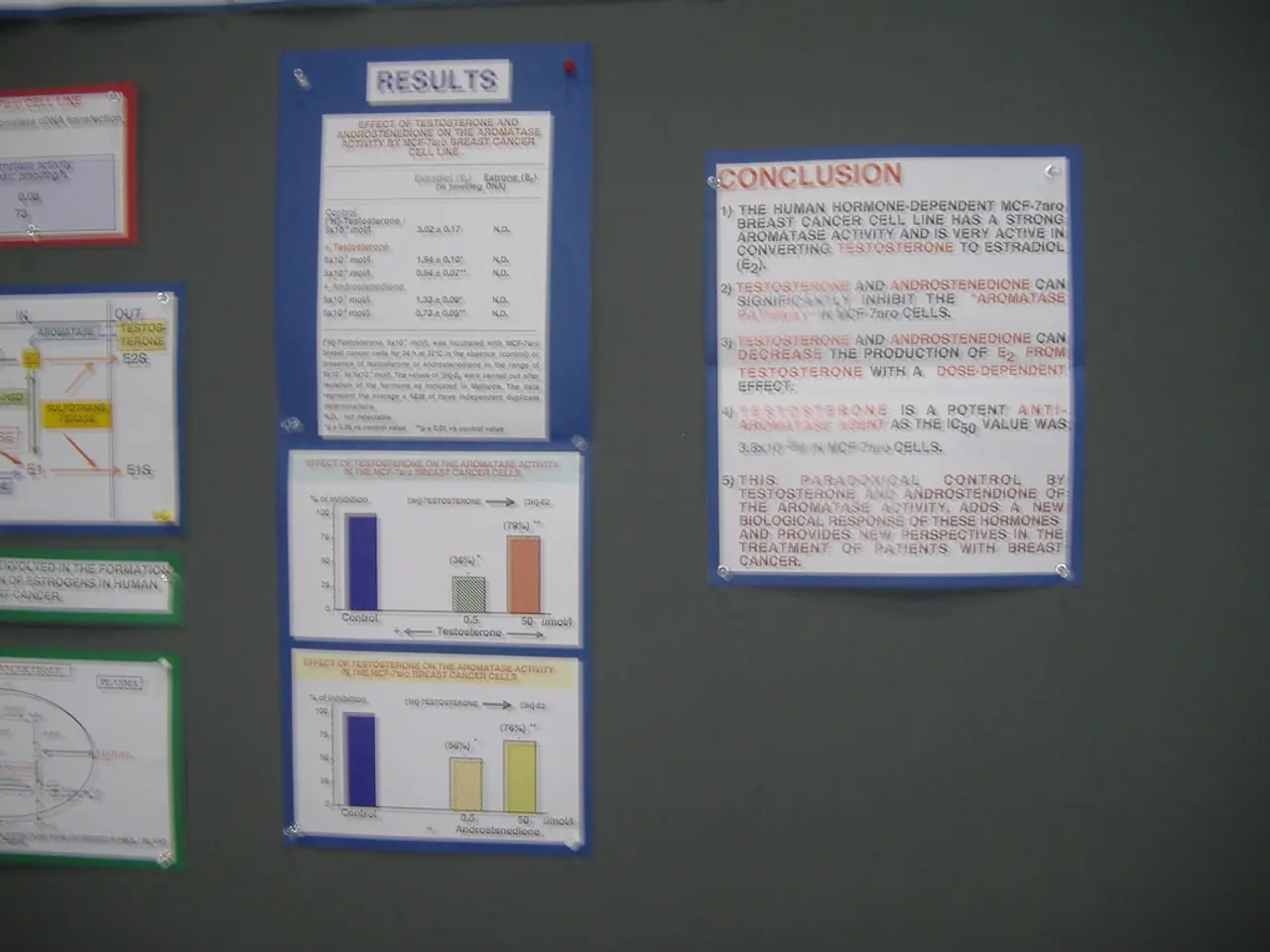Banks Urged to Upgrade Compliance Systems Amid Rapid Geopolitical Shifts
In the face of a rapidly evolving geopolitical landscape, banks are being urged to upgrade their compliance systems to keep pace with real-time regulatory demands. Roman Eloshvili, a leading expert, emphasises the need for agility, advanced technologies, and continuous risk assessment. Meanwhile, KPMG warns of the inadequacy of legacy compliance models in this fast-paced environment.
Traditional compliance systems, designed for a slower world, are struggling to meet the demands of near real-time regulatory responses. This is particularly challenging for banks operating in complex geopolitical climates, such as those surrounding U.S. foreign policy and the Middle East.
To tackle these issues, Compliance 2.0 is emerging as a solution. It involves building a technology-first infrastructure, embedding compliance across all departments, and adopting agile governance models. Additionally, investing in people and training is crucial to stay ahead of the curve.
Regulators, especially for larger institutions, expect daily and real-time monitoring of sanctions and AML events. Failure to do so can result in regulatory penalties, operational inefficiencies, and reputational damage.
The escalating geopolitical tensions and regulatory complexity necessitate a major overhaul of legacy compliance infrastructure. While this can be time-consuming and costly, it is vital for banks to ensure they are equipped to handle current and future risks. By embracing Compliance 2.0, banks can enhance their agility, strengthen their risk assessment capabilities, and better navigate the volatile geopolitical environment.
Read also:
- Musk threatens Apple with litigation amidst increasing conflict surrounding Altman's OpenAI endeavor
- Transitioning to Electric Vehicles Places Heavy Demand on Power Grids
- E-mobility continues its progress after a decade since the scandal, staying on course
- Türkiye's August 2025 Trade Deficit Falls 15.8% Despite Export Drop







